Can Tencent Secure China's AI Ticket?
![]() 07/24 2024
07/24 2024
![]() 578
578
In the era of the Internet, QQ, and in the mobile Internet era, WeChat, Tencent always came from behind to lead.
As the AI era approaches, is Tencent ready?
I. QQ: The Internet Ticket
As the industry says, Tencent has never been the first innovator to take the plunge.
In the Internet era, Sina focused on news, Sohu was the earliest search engine, and NetEase built communities. These three giants were known as the "Big Three Portals".
At that time, there was also 8848 leading e-commerce, numerous players in email, and Baidu still promoting its PR (pagerank algorithm) theory.
Tencent, on the other hand, noticed an instant messaging software called ICQ from abroad.
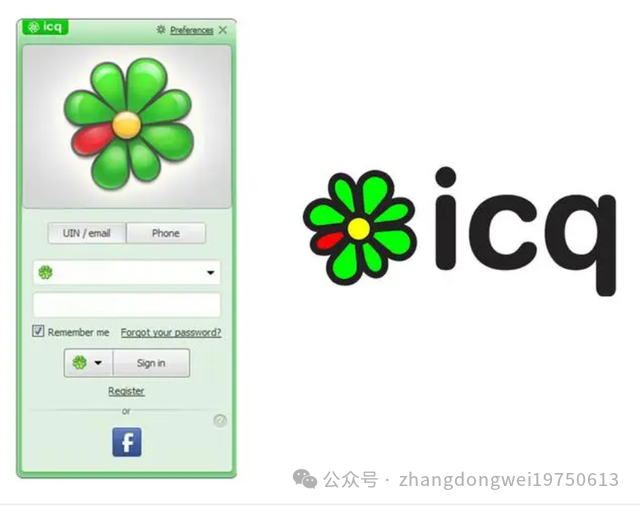
ICQ, invented by an Israeli company, stands for "I seek you".
Tencent noted ICQ's limitations, such as information stored on the user's end and only being able to chat with online friends, which did not meet user needs.
Meanwhile, Pony Ma had already established his definition of the value of the Internet: connecting information and people.
Thus, after sufficient localization, QICQ, later renamed QQ, emerged.
QQ quickly stood out among similar software through technological innovations like user data storage on cloud servers and offline messaging functions;
More importantly, by referencing and innovating global similar applications, QQ continuously introduced new features such as QQ Show, QQ Groups, and QQ Spaces to meet users' latent social needs, continuously enhancing the user experience and maintaining its popularity.
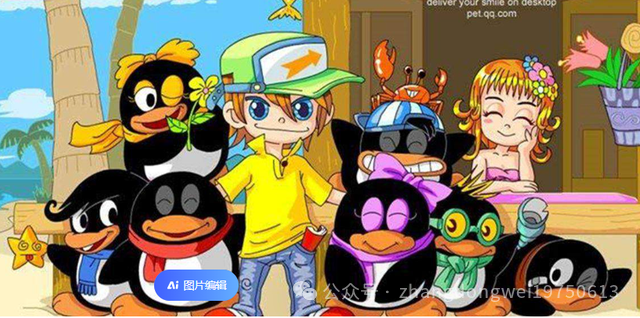
Ultimately, QQ swept across China in just a few years, becoming the only super app of the Internet era.
II. WeChat: The Mobile Internet Ticket
The concept of "ticket" originates from the globally popular Hollywood blockbuster "2012".
At that time, all tech companies faced the anxiety of slowing Internet user growth and were full of visions for the potential opportunities brought by smartphones.
Concepts like LBS, O2O, SNS emerged endlessly. Whoever could make disruptive innovations in the mobile Internet era would secure the ticket to the new era.
Today, even young tech/Internet professionals may not know about "Kik".
Kik was a social software based on mobile phone contacts that allowed users to directly connect with contacts from their local address book, enabling free text messaging, caller ID photos, personal status synchronization, and more.
Kik launched on the App Store and Android Market on October 19, 2010, and within 15 days, its user base quickly grew to 1 million, becoming a new miracle of the mobile Internet era.

Lei Jun was the first to notice Kik and attempt to replicate it. Xiaomi Tech spent a week imitating Kik, resulting in "MiTalk".
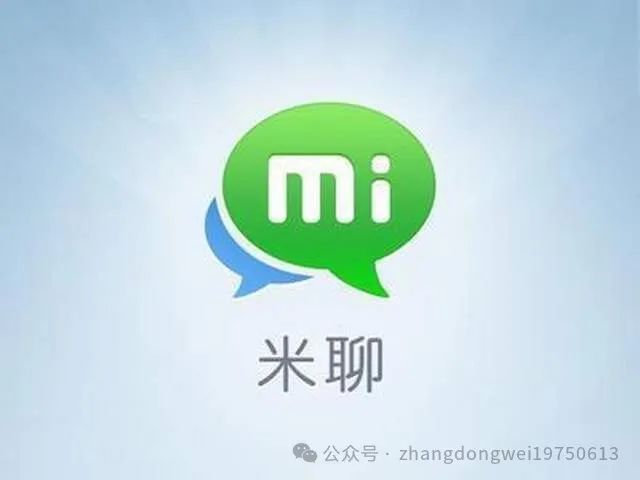
Pony Ma didn't give Lei Jun the chance to disrupt.
Zhang Xiaolong once wanted to sell Foxmail to Kingsoft for 150,000 yuan. Lei Jun sent a Kingsoft colleague to inspect it, who told him that such software could be developed in a month and did not require acquisition.
Tencent, however, spent US$5 million in 2005 to acquire Zhang Xiaolong's team.
Faced with the "MiTalk" test, Tencent decisively granted Zhang Xiaolong's team greater freedom and resource investment, quickly releasing Tencent's version of Kik - "WeiMail". You read that right; because Zhang Xiaolong was a mail system developer, his initial perception was that Kik was still based on email.
But as development progressed and market research feedback came in, the team decided to rename it "WeChat".
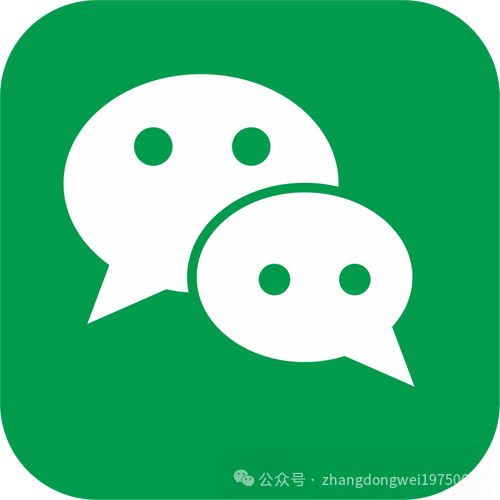
In the early stages of promotion, WeChat leveraged Tencent's vast user base, quickly accumulating a large number of users by importing contacts through QQ accounts.
More importantly, Pony Ma clearly saw the disruption Kik would bring to the instant messaging industry, risking the consequences of angering telecom operators and decisively enabling the "import contacts from phonebook" function.
WeChat won again.
More thoroughly than in the QQ era, WeChat is now not just a super app but a super platform, one of the infrastructures of China's mobile Internet.

III. AI Ticket: Is Tencent Ready?
In the AI game so far, Tencent has not made a high-profile appearance.
HunYuan and Tencent Yuanbao are far less vocal than big players like Baidu Wenxin, Alibaba Tongyi Qianwen, ByteDance Doubao, SenseTime Ririxin, and iFLYTEK Spark.
Among the five generative AI unicorns born in China in the past year - Moon's Dark Side, MiniMax, ZeroOne Everything, Baichuan Intelligence, and Zhipu AI - Alibaba invested in all five, while Tencent only participated in "Baichuan Intelligence" and "Zhipu AI".
However, behind the scenes, Tencent has made many strategic moves.
In 2023, the top 10 global applicants for generative AI patents were: Tencent, Ping An Insurance, Baidu, Chinese Academy of Sciences, IBM, Alibaba, Samsung Electronics, Alphabet (Google's parent company), ByteDance, and Microsoft.
Tencent leads the world in the number of generative AI patents.
Tencent is also among the earliest representatives of domestic open-source collaboration.
From the "930 Transformation" in 2018, announcing the establishment of a technical committee to initiate open-source collaboration and establish an open code culture, to the establishment of company-level open-source collaboration team Oteam, promoting open-source governance, and moving self-developed businesses to the cloud, Tencent has successively established technical committees in ten areas such as testing, frontend, and AI in 2021.
According to the "2022 Tencent R&D Big Data Report," the open-source rate of Tencent's internal code repositories has remained above 80% for four consecutive years. The total number of Oteams has reached 147, covering all the cornerstones of Internet technology such as computing, storage, and data, involving all Tencent's core business segments such as WeChat, QQ, and Tencent Cloud.
Open source is becoming the underlying decision-making logic for Tencent from management to technological innovation.
The benefits of open source are to promote collaboration, innovation, and transparency, allowing developers to solve problems together through mutual learning and discover more opportunities in uncertain technical paths.
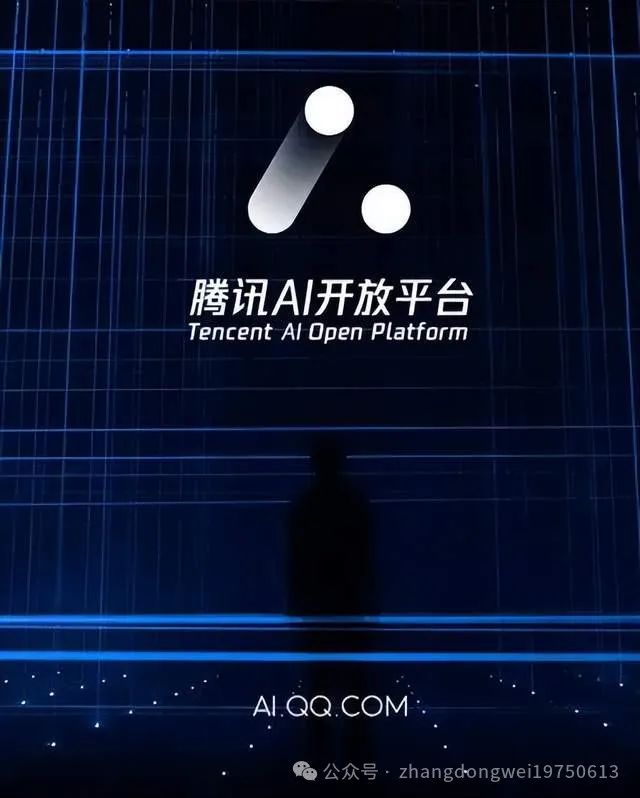
However, in the AI field, it is still unclear whether the open-source model or the closed-source model is the optimal solution.
For example, both the global leader OpenAI and the domestic leader Baidu Wenxin have chosen the closed-source model.
So, do you think in this AI technological revolution, will Tencent once again secure the ticket?







